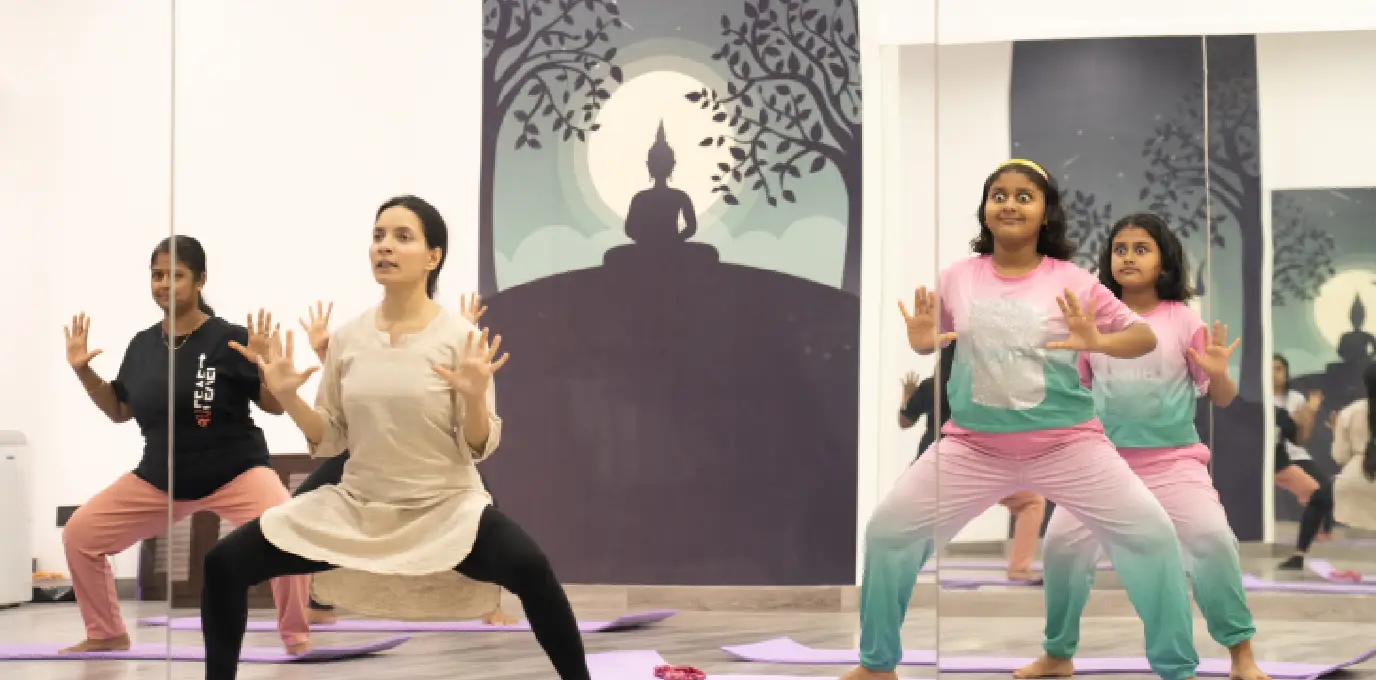
Starting yoga can seem like a daunting task, and the challenges that beginners face can be overwhelming. How do you begin an exercise practice when you’re out of shape and you’re not sure if you have the time to commit to a daily routine? The good news is that there are many ways that you can make your yoga practice work for you, even if you only have a few minutes each day to dedicate to it. We want you to be successful from the start, that’s why we’ve gathered our best tips for yoga beginners!
Yoga is an ancient practice that involves physical poses, concentration, and deep breathing. We are living in a fast-paced and digitalized world. The pressure to succeed, meetings, deadlines, delivering high-quality work, and erratic schedules have taken a toll on our physical and mental health. It has become the need of an hour to create a balance, develop awareness, and follow healthy habits. One can achieve this by including yoga in their life. Yoga involves a holistic approach to wellness and helps in coping with daily issues, constant worries, and health problems from an aware and positive state of mind. Other advantages of Yoga, are that one develops mindfulness, improves brain power, begins to heal, opens up mental and emotional blockages, gives the body movement encourages flexibility, and improves breathing. With regular practice of Yoga, one begins to develop better control of their emotions and leads a disciplined and happy life. Yoga improves strength and stamina, tones muscles, builds immunity and teaches one how to live a Yogic life.
In yoga, this takes the form of ‘asanas’ or postures, which lubricate, strengthen, stretch, and tone your body. Though they can be incredibly challenging, yoga asanas are unlike the tiring movements found in other exercise forms. This is because they incorporate both challenge and recovery.
Yoga as a practice offers numerous benefits for physical and mental health, development and healing. Yoga works wonders in reducing joint pain, and muscle or back pain. It helps in reducing blood pressure levels, and improves – brain function, heart functioning and lung capacity, muscle strength, balance and flexibility, and much more.
A notable health benefit of Yoga is that it improves heart health, and oxygenation in the body and reduces the risk of developing cardiovascular diseases. When one regularly practices yoga asanas and pranayamas, it reduces heart rate, blood pressure, cholesterol levels, and BMI. Through pranayama, breathing becomes controlled and improves lung functioning by increasing its total capacity. Yoga asanas and pranayama improves oxygen supply and nutrients to the body and enhances blood circulation to the body. This improved blood flow improves the physical health of our organs. Our skin begins to glow. Yoga asanas, pranayama, and meditation help in shifting the focus from negative thoughts to the present moment. It reduces depressive symptoms and anxiety. Yoga teaches us to love, accept, and respect ourselves. With Yoga asanas practice, one learns to develop awareness about their self – strengths and weaknesses. It makes one more confident about themselves and increases self-esteem.
Embarking on a yoga journey as a beginner can be an immensely rewarding experience. yoga is not just about physical exercise but also about cultivating mindfulness, awareness, and self-compassion. With time, dedication, and an open heart, you’ll find yourself progressing on your yoga journey, both on and off the mat. Enjoy the process, and may your practice bring you strength, flexibility, balance, and inner peace.
©2024 Yoga De Temple. All Right Reserved